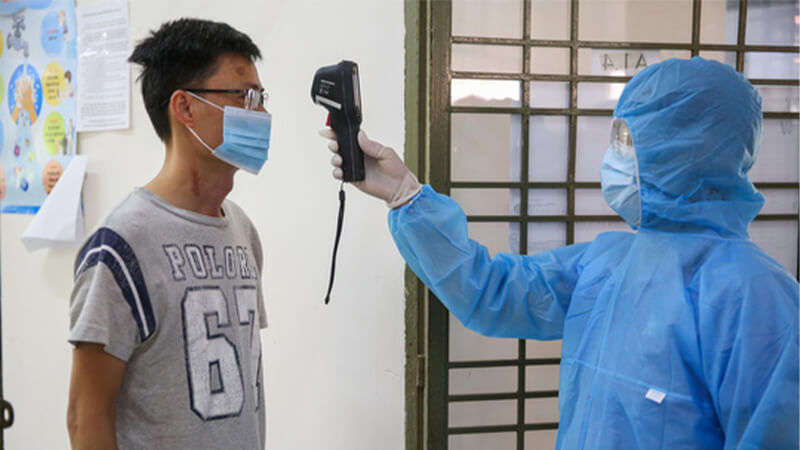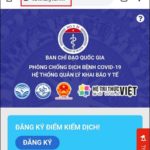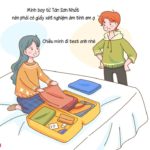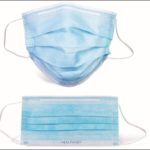On July 14, the Ministry of Health issued Document No. 5599/BYT-MT to the People’s Committees of provinces and centrally-run cities regarding the reduction of quarantine time, pilot of home medical isolation for F1, and management and treatment of Covid-19 patients. Let’s take a closer look at the treatment guidelines for Covid-19 in the following article!
1. Requirements for F0 and F1 during home medical isolation
The Ministry of Health requires that F0 and F1 cases, when isolated at home, must comply strictly with the regulations and duration of the home medical isolation. They must commit to the local authorities that they will not leave the isolation room during the isolation period, nor have contact with family members or other individuals. They must also avoid contact with pets… During home isolation, the following measures must be implemented:
For F1
- Must be provided with separate meals
- Follow the 5K message and epidemic prevention and control measures as regulated
- Self-monitor body temperature, health status, and update it daily on the VHD or Bluezone app. Immediately update the app and inform medical staff if any suspicious symptoms such as cough, fever, sore throat, or difficulty breathing appear. If you do not have a smartphone or are unable to self-monitor your temperature, you must inform the medical staff daily via the provided phone number.
- General waste must be disposed of in a sealed bag and placed outside the isolation room for daily collection
- After the isolation period, continue to self-monitor your health at home as per the regulations
For F0
- Maintain a distance of at least 2 meters from household members, avoid sharing meals, beds, or personal items. When receiving supplies, both parties must wear masks and face shields
- Keep your workspace and living area well-ventilated and sanitized
- Do not share personal items such as towels, bedding, dishes, cups, or toothbrushes with others
- Keep the toilet clean as it can be a source of other pathogens. Always wear a mask and wash your hands after using the toilet
- Follow the instructions for daily disinfection of your living area: Dispose of used tissues, masks, and gloves in a separate bag, spray with 70% alcohol, seal the bag, and then place it in the infectious waste bin in your isolation room
- Contact your healthcare provider immediately if you experience any of the following dangerous signs: Shortness of breath, loss of speech or movement, confusion, or chest pain
- Wash your hands frequently with soap and water for at least 20 seconds
 The Ministry of Health requires F0 and F1 cases to strictly adhere to home isolation regulations
The Ministry of Health requires F0 and F1 cases to strictly adhere to home isolation regulations
2. Self-treatment guidelines for F0 and F1 during home medical isolation
Dr. Truong Huu Khanh, an infectious disease expert, advises that if you are an F0 case isolated at home, consider yourself fortunate but remember to follow the guidelines and do not leave your home without permission from the managing authorities
The most important aspect of home isolation is to prevent the spread of the infection to other family members. If there are high-risk individuals in the household, they should be relocated. The Ministry of Health has also provided the following health guidelines for home isolation:
- Always keep your body warm
- In case of fever, F0 individuals may take antipyretics as recommended by healthcare staff to feel more comfortable
- Stay hydrated, eat nutritious food, get enough sleep, and maintain a healthy lifestyle. Go for walks to get fresh air, but avoid crowded places to prevent community transmission
By following the guidelines provided by the Ministry of Health, F0 individuals can stay close to their families, which will help boost their morale and aid in their recovery from Covid-19.




































